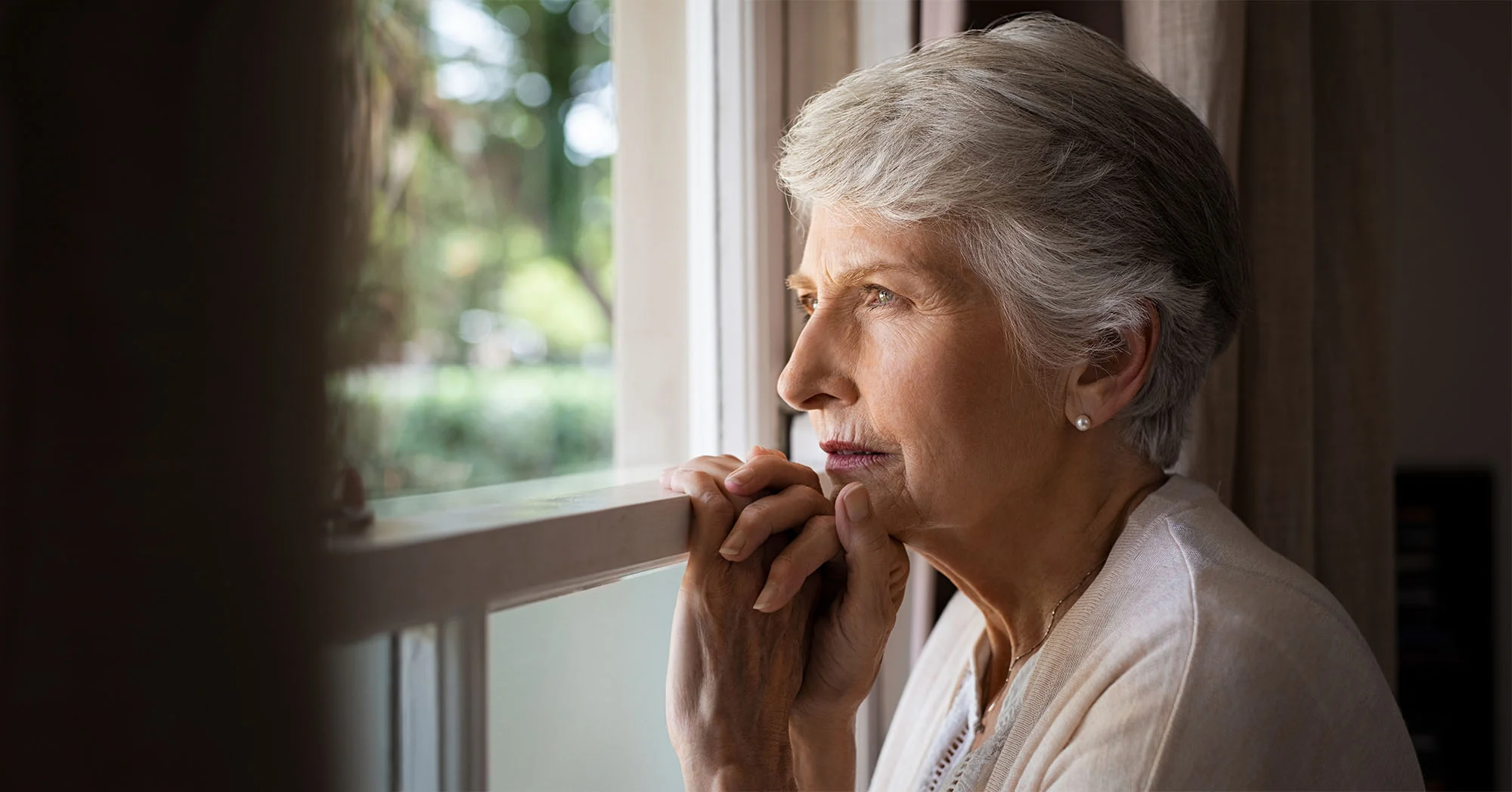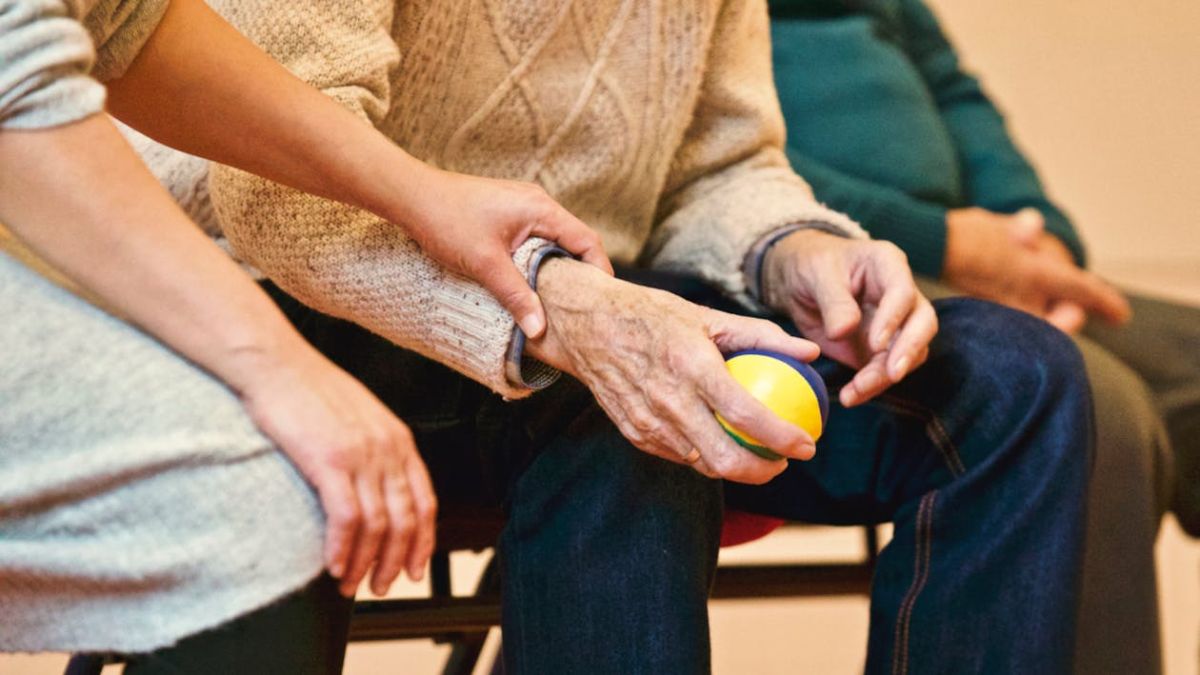Breast cancer is the second leading diagnosed cancer in New York with over 17,800 women diagnosed by the middle of 2022, according to the New York Cancer Statistics Center.
A cancer diagnosis can create a feeling of helplessness and make a patient wonder what they could have done, if anything, to prevent it. While there is no magical solution to prevent cancer, becoming more knowledgeable of what your breasts look and feel like when healthy and reporting any irregularities to your physician is your best line of defense.
Women have been encouraged to search for lumps in their breast tissue as a prominent sign, but do you know that there are other early symptoms?
Breast Cancer Symptoms
According to the American Cancer Society, any of the following unusual changes in the breast can be a symptom of breast cancer:
- Swelling of all or part of the breast
- Skin irritation or dimpling (sometimes looking like an orange peel)
- Breast pain nipple pain or the nipple turning inward
- Redness, scaliness, or thickening of the nipple or breast skin
- Nipple discharge other than breast milk
- A lump in the underarm area
- Swollen lymph nodes under the arm or near the collar bone – sometimes this can be a sign of breast cancer spread even before the original tumor in the breast is large enough to be felt.
These changes can also be signs of less severe conditions, such as an infection or a cyst. Some breast cancers do not present any symptoms at all or the lump may be too small for you to feel.
If you’re older than 40 or have a high risk of developing breast cancer, you should also have an annual mammogram and a physical exam. The earlier breast cancer is found and diagnosed, the better your chances of successful treatment.
Am I at risk for breast cancer?
There are some health and lifestyle factors that can increase the chances of developing breast cancer and they fall into two categories according to the Center for Disease Control (CDC), factors you cannot change and those that you can.
Risk Factors You Cannot Change
Getting older. The risk for breast cancer increases with age. Most breast cancers are diagnosed after age 50 and the risk increases with age.
Genetic mutations. Women who have inherited changes (mutations) to certain genes, such as BRCA1 and BRCA2, are at higher risk of breast and ovarian cancer.
Reproductive history. Starting menstrual periods before age 12 and starting menopause after age 55 expose women to hormones longer, raising their risk of getting breast cancer.
Having dense breasts. Dense breasts have more connective tissue than fatty tissue, which can sometimes make it hard to see tumors on a mammogram. Women with dense breasts are more likely to develop breast cancer. You can ask your doctor for more details on what it means to have ‘dense breasts’ and if this risk factor applies to you.
Personal history of breast cancer or certain non-cancerous breast diseases. Women who have had breast cancer are more likely to get breast cancer a second time. Some non-cancerous breast diseases such as atypical hyperplasia or lobular carcinoma in situ are associated with a higher risk of getting breast cancer.
Family history of breast or ovarian cancer. A woman’s risk for breast cancer is higher if she has a mother, sister, or daughter (first-degree relative) or multiple family members on either her mother’s or father’s side of the family who has had breast or ovarian cancer. Having a first-degree male relative with breast cancer also raises a woman’s risk.
Previous treatment using radiation therapy. Women who had radiation therapy to the chest or breasts (for instance, treatment of Hodgkin’s lymphoma) before age 30 have a higher risk of getting breast cancer later in life.
Exposure to the drug diethylstilbestrol (DES). DES was given to some pregnant women in the United States between 1940 and 1971 to prevent miscarriage. Women who took DES, or whose mothers took DES while pregnant with them, have a higher risk of getting breast cancer.
Risk Factors You Can Change
Not being physically active. Women who are not physically active have a higher risk of getting breast cancer.
Being overweight or having obesity after menopause. Older women who are overweight or are obese have a higher risk of getting breast cancer than those at a healthy weight.
Taking hormones. Some forms of hormone replacement therapy (those that include both estrogen and progesterone) taken during menopause can raise the risk for breast cancer when taken for more than five years. Certain oral contraceptives (birth control pills) also have been found to raise breast cancer risk.
Reproductive history. Having the first pregnancy after age 30, not breastfeeding, and never having a full-term pregnancy can raise breast cancer risk.
Drinking alcohol. Studies show that a woman’s risk for breast cancer increases with the more alcohol she drinks.
Research suggests that other factors such as smoking, being exposed to chemicals that can cause cancer, and changes in other hormones due to night shift working also may increase breast cancer risk.
How to lower your risk
You can help lower your risk of breast cancer by taking care of your health in the following ways—
• Keep a healthy weight.
• Be physically active.
• Choose not to drink alcohol, or drink alcohol in moderation.
• If you are taking, or have been told to take, hormone replacement therapy or oral contraceptives (birth control pills), ask your doctor about the risks.
• Breastfeed your children, if possible.
• If you have a family history of breast cancer or inherited changes in your BRCA1 and BRCA2 genes, talk to your doctor about other ways to lower your risk.
Staying healthy throughout your life can lower your risk of developing cancer, and improve your chances of surviving cancer if it occurs. Being in tune with your body and knowing when you are healthy versus when something is wrong is your key defense as early detection increases your chances of survival.





